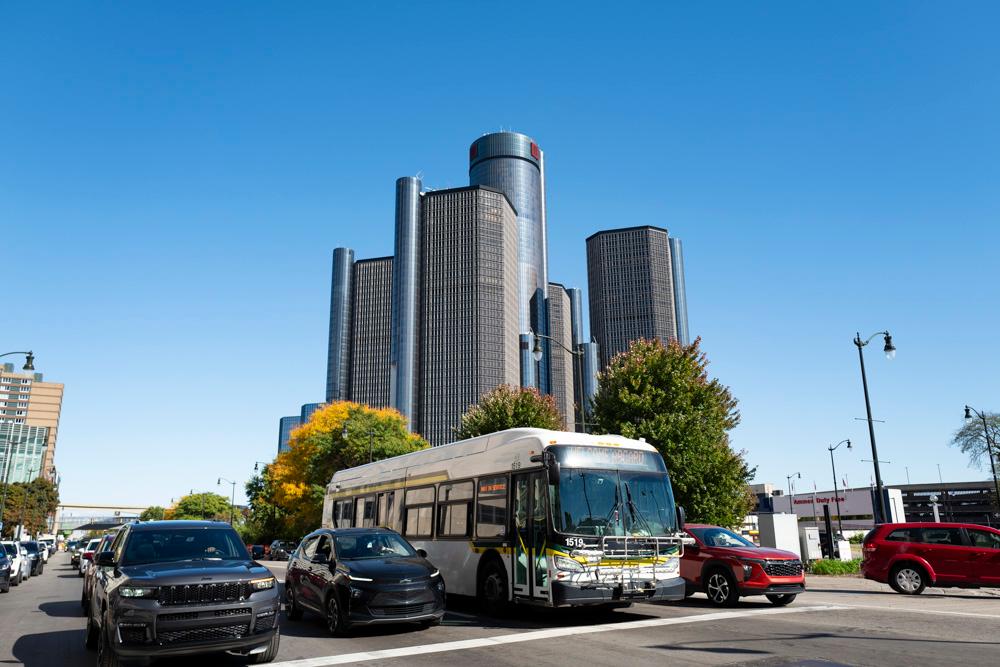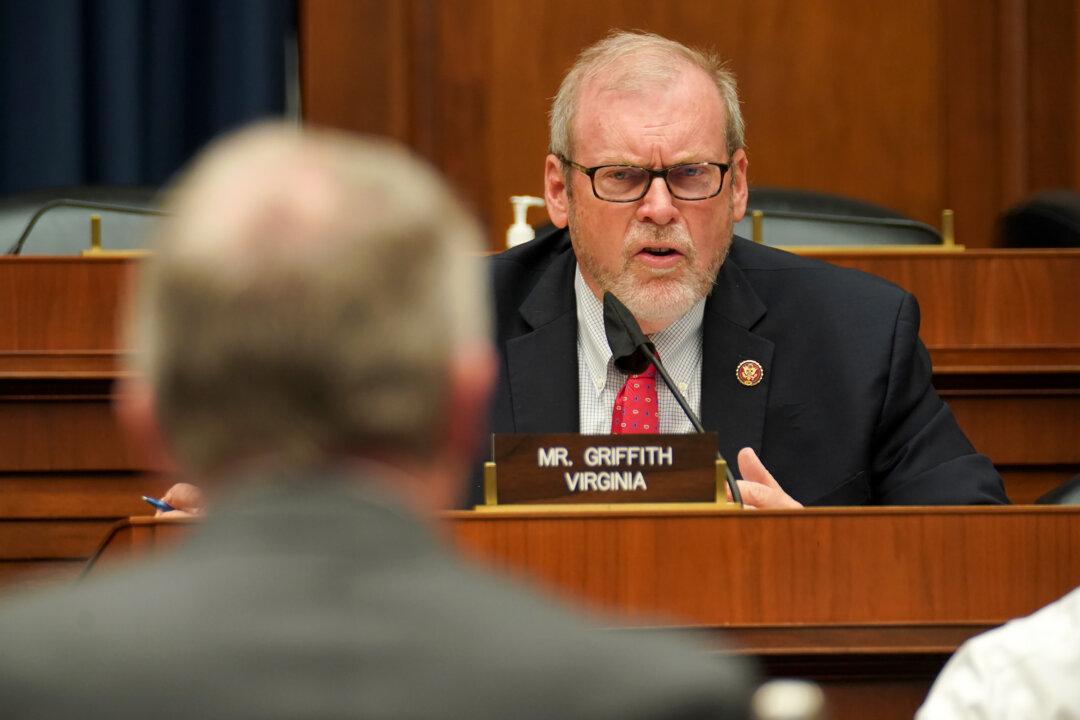DETROIT—Republican nominee Mike Rogers has narrowed Michigan’s U.S. Senate race with Rep. Elissa Slotkin (D-Mich.) in a contest that could alter the balance of power in the next Congress.
Rogers has closed the gap in statewide polls to 4 percentage points, down from 6 points a month ago. If successful, he would become the first Republican in 30 years to win a Senate seat in Michigan.





